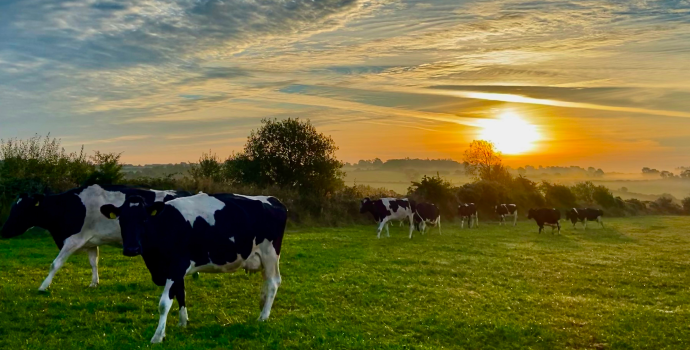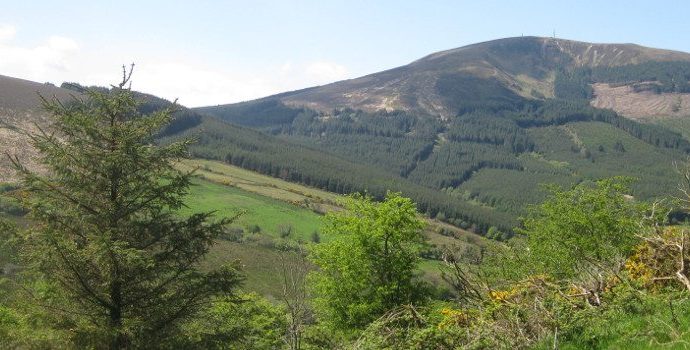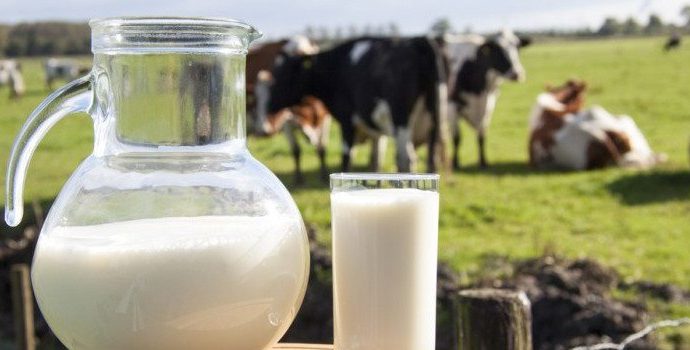Brexit – What Does It Mean for Irish Agriculture & What Happens Now?

The UK has voted to leave the EU. However, they will remain part of the EU for the next two years as a minimum, as set out in the EU Treaty. Therefore, full and open market access between Ireland and the UK, and the UK and the EU remains – no tariffs, no border checks, no change to EU budget. The UK now has to now formally notify the EU of their intention to leave the EU and to commence negotiations.
Key issues for Irish farming and agri-food
Immediate issue – the value of sterling
There is going to be a short-term and immediate fall in the value of Sterling but it is totally unknown as of now whether it will fall further and by how much. This will impact on the value of exports to the UK, and so the concern is the impact on price of agricultural produce.
Longer term – Outcome of exit negotiations
Bear in mind, Ireland cannot negotiate its own special trade agreement with the UK. The negotiation will be between the UK and EU (of which Ireland is one of 27 member states).
Government focus must be on Irish issues and concerns being to the forefront in the negotiations. IFA will be putting agriculture and agri-food issues to the top of the political agenda. The top two issues are:
- Minimisation of any barriers to trade – no tariffs, continuation of free movement (or as free as possible) of agricultural produce between Ireland and the UK, particularly between Ireland and Northern Ireland.
- Early agreement and certainty on the EU and CAP Budget up until 2020 must be a priority. Specific attention and provision must be made for cross-border farms.
Other agri issues that will be of importance in negotiations
Taxation rules – agreement on straightforward taxation rules for EU-non EU supply of goods and services (e.g. VAT on supplies)
Animal Health – maintenance of coherent and comparable standards (this will be in the UK’s interest as they will obviously wish to continue exporting into the EU)
Labelling – guarding against changes to labelling rules that would frustrate trade between the EU and UK
Tariffs
The EU average tariff on agricultural products is 14.6% for WTO countries (i.e. countries who do not have a special bilateral trade agreement with the EU). This would be the likely starting point for negotiations, although a bilateral trade deal between the UK and EU will be a priority for all stakeholders involved.
The IFA position would be to seek to have no tariffs or the very minimum applied.




